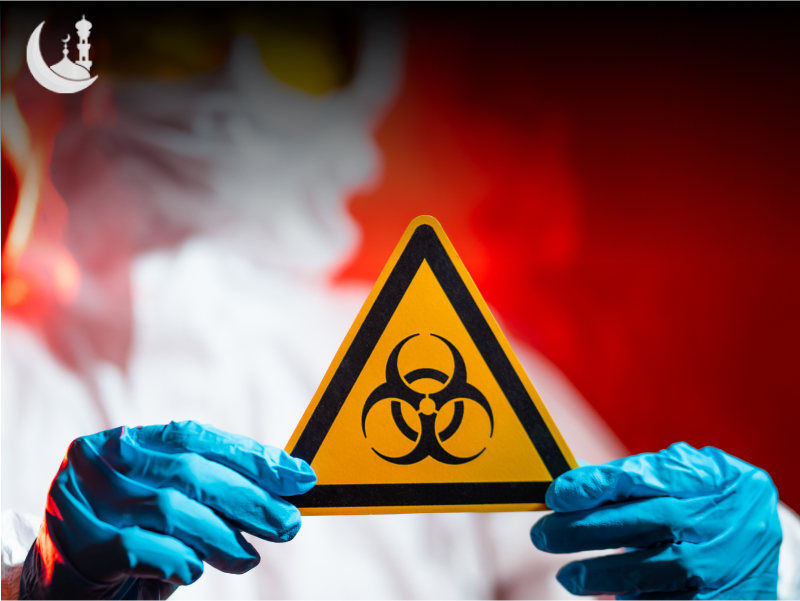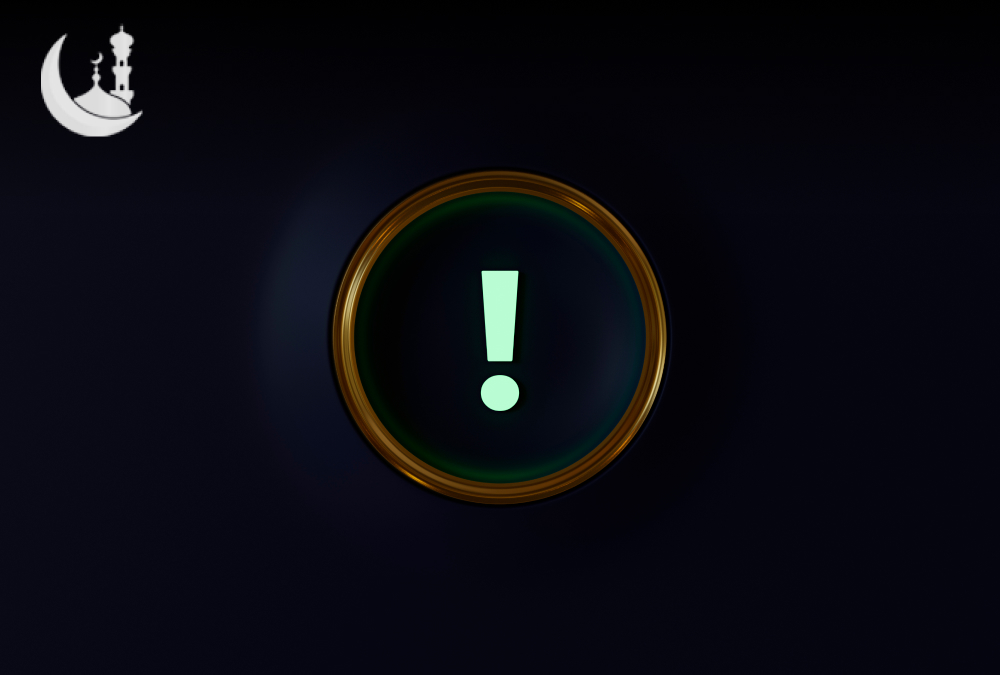Raising kids is as hard as it gets for the kids as it is trying for the parents just like any other new venture is the toughest of times for anyone. They do all things that can frighten the rest of the world out of their wits for their need to be lonely. So it is very essential to notice the warning signs of a toxic teenager if you genuinely want to help your child do well in building healthier relationships and learning to handle their emotions healthily. In the next post, we’ll explore warning signs of toxic behavior in your teenager and how to manage them to create an even healthier environment.
What Is “Toxic” Anyway?
It has become quite impossible to talk about signs of a toxic teenager without first determining what “toxic” is. Toxic teens are those with some bad habits that affect not just themselves but people who are around them too. Such behaviors indicate manipulation, psychological problems, and unhealthy relationships with family and friends. These help parents to interfere and guide their children when things are getting out of control.
Warning Sign #1: Always complaining/negative.
This is one of the behaviors that come with the given list where a teenager has a bad mood most of the time. Some kids can be moody, and irritable, but some teenagers are always negative. If your teenager complains and always criticizes others or thinks of nothing good, this can be an emotional manipulation.
What to do:
Be open to conversation with your teen about his feelings toward you. Design a space in which he feels free to talk about his problems and where he never needs to fear being judged. You will also want to be a positive example by always looking on the bright side of things, even when things are going badly.
Warning Sign#2: Behavior That Tricks Others
Abuse is another super strong indicator. That is to say, it can assume the form of guilt trips, playing the victim card, or even ululating to control things emotionally. Irrespective of which form it takes, if your child regularly rolls over a ball of blame to other people or exercises control over others through emotion, then you should be very worried that that child is toxic.
What to do:
Set boundaries and expectations as to how people should behave. Recognize how manipulative behavior manifests and how you present yourself to others. Act responsibly, and even try to hold others accountable for their behavior.
Warning Sign #3: Living or working far away from family and friends
Toxically, they’ll want to be isolated. If a teen doesn’t participate with the family or avoids people and prefers to keep many to themselves, then it is a sign of serious issues. Of course, there are times when a little loneliness is normal, but extreme aloneness may be a sign of a bad attitude.

What to Do
Make people open up to each other. Try to resolve the communication issues. Plan a trip with your family members and also invite their friends over as well. Be willing to let the conversation be available and show your teenager that you are available to him without being in his face.
Warning Sign #4: Roughness in Communication
Being rude ought to be one characteristic that shows signs of a toxic teenager. Most probably, you are having an emotionally fragile or influential child if they insult people many times, yell many times, and labels people many times.
What to do:
Make positive conversation a value in your family. Discuss how you can be nice to each other then illustrate that through your behavior. You ought to immediately take care of anyone disrespecting someone or being selfish to others then mention what is to happen.
Warning Sign #5: Hazardous behavior is a red flag.
Perhaps most relevantly is within the risky behaviors themselves abuse, dangerous driving, and unsafe sexual encounters. It could also eventually prove to be a safety net for their relationships and future.

What to do:
Give ways to act badly and how to deal with life’s bumps. Don’t necessarily evaluate them as you teach them the consequences. Let them take risks. Give people good ways to handle problems and alternatives to doing bad things.
Warning Sign #6: Bad friends and peer pressure
It makes a big difference with whom your kid spends time with. A bad sign of a toxic teenager would be if he/she is spending most of his time with undesirable friends who continue to encourage terrible behavior.
What to do:
As they continue to grow, there is still more encouragement of good values or discouragement of bad values. Better that he has friends who can uplift him than pull him down. Encourage him to note who his friends are. Talk with them about positive vs. negative interaction.
Warning Sign #7 No one is held accountable
Unless your child takes responsibility for his or her own role and accountability in solving or contributing to the problems or mistakes, then there might be a cycle of bad thought and practice.
What to do:
Teens must take ownership of their actions. Explain, using some examples from your daily life, how owning up can help someone grow into a better person and with people.
Warning Sign #8: Mood swings that go out of control.
Most teenagers experience mood swings. Wild, unpredictable shifts to extremely high or very low levels, however may be symptomatic of mental illness.
What to Do:
Note these highs and lows in mood and attempt to determine what might be triggering them. Tell your child it is okay to seek help when things get tough. Counselors will discover other ways of managing emotions and tension.
Warning Sign #9: Not Taking Authority Seriously
Perhaps your young one has recently gotten rude and disrespectful to one or both of you or one of their teachers or mentors. Perhaps it’s an indication that they are rebels and don’t care to dance around the rules.
What to do:
Remind your child to abide by the rules. Set some rules for your child, and earn some negotiating power over little problems by making them follow them. Make them understand the reasons behind the rules so that they know why those rules are important.
Conclusion: What’s Next
All this would mean that the first step in trying to address such issues would be finding them, this is identifying those toxic kids. Those who find them should treat them with care and understanding instead of judging them. This idea mainly aims at creating a healthy space where the kid feels free to talk about his or her feelings and experiences.
You see, it’s very different to treat your kids when you are a parent. At times you wished to know more about some other sources or even how to build a good rapport with the teen. Teachings of Marrkazul Irshaad waa Tawjeeh would be helpful at times like that.
Read Also: Mental Health in Islam: Balancing Spirituality and Wellbeing
You can help your teen get over the difficult stretch of life that lies ahead of him or her by keeping an eye on things and taking action. It will keep them from becoming either irresponsible or mentally unhealthy as they grow to adulthood. And once more, it is never too late to step in and steer him or her onto a better path.
FAQs
Q1) What should I do if I suspect my child is suffering from toxic symptoms?
You should begin by talking with empathy and understanding when you note some signs of poisoning in your teenager. Open the way to talk to them about feelings and activities, never judging them. Set clear boundaries but clearly encourage the expression of emotions, too. If problems persist or aggravate, you may then want professional help from a mental health expert who will give you the proper direction and support for your teen.
Q2) How do I distinguish between healthy, normal teenage behavior and unhealthy, toxic behavior?
Normal teenage behavior could include mood swings, defiance at times, and wanting independence. Toxic behavior has always been linked with patterns that would harm themselves or others: this might be through manipulation, chronic negativity, isolation, or disrespectful communication. Should you recognize that these behaviors have been consistent for some time and are messing up relationships or well-being, then it’s likely a case of toxicity that should be noticed.
Q3) Is toxic behavior among teenagers changeable or improvable?
Yes, toxic behavior in teens can most of the time be altered with proper intervention and support. Open communication, clear boundaries, and positive modeling are effective strategies. Healthy coping mechanisms, close and friendly relations, and professional help, if needed, can also help change for the better for teens. The end.






